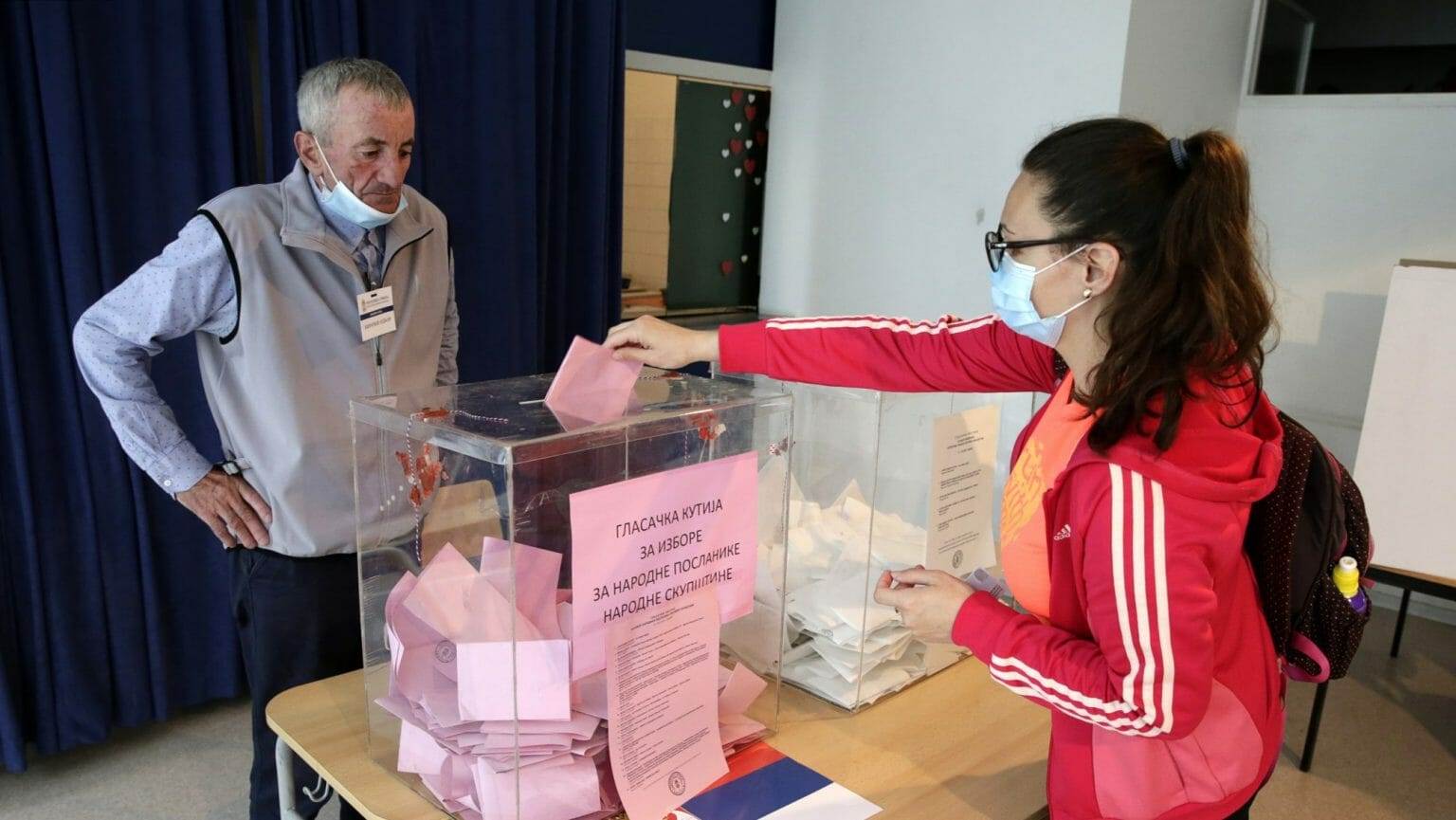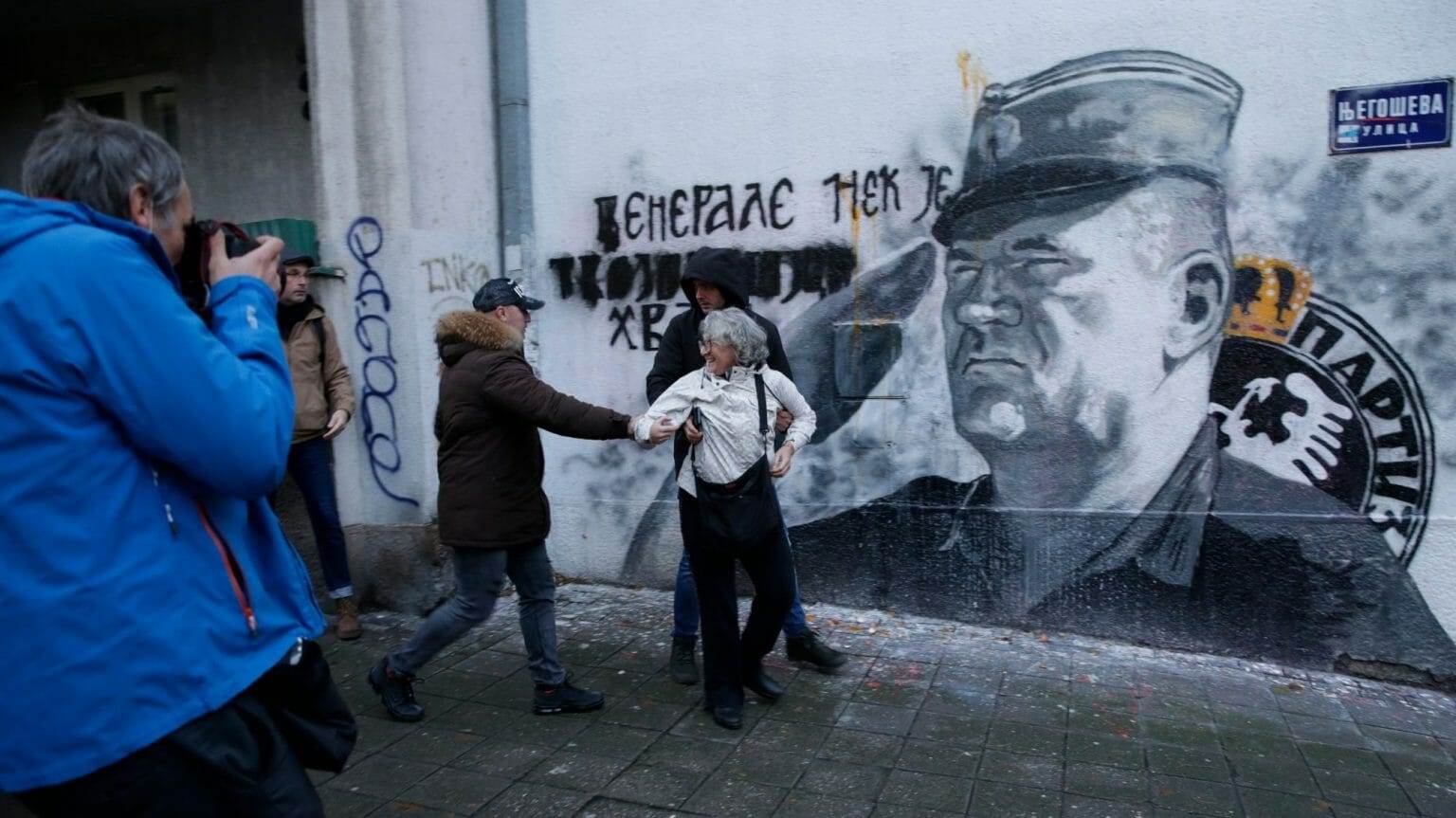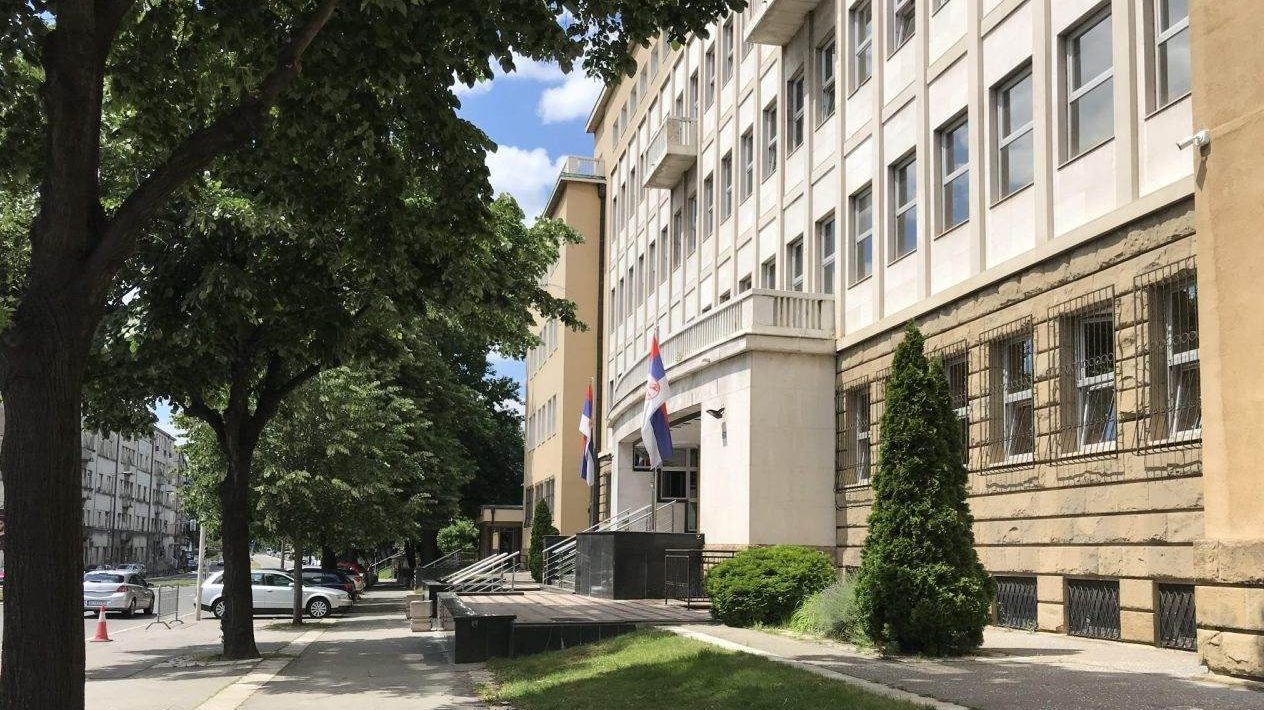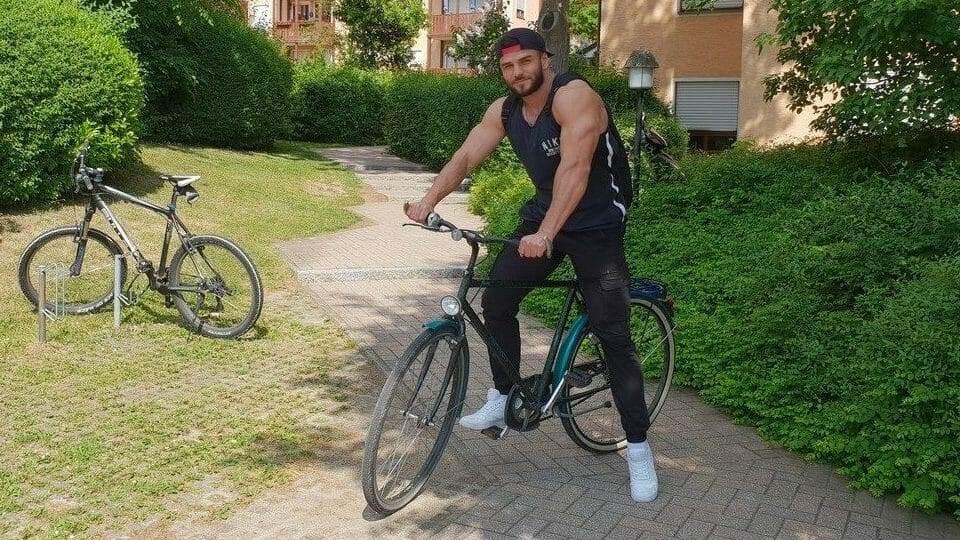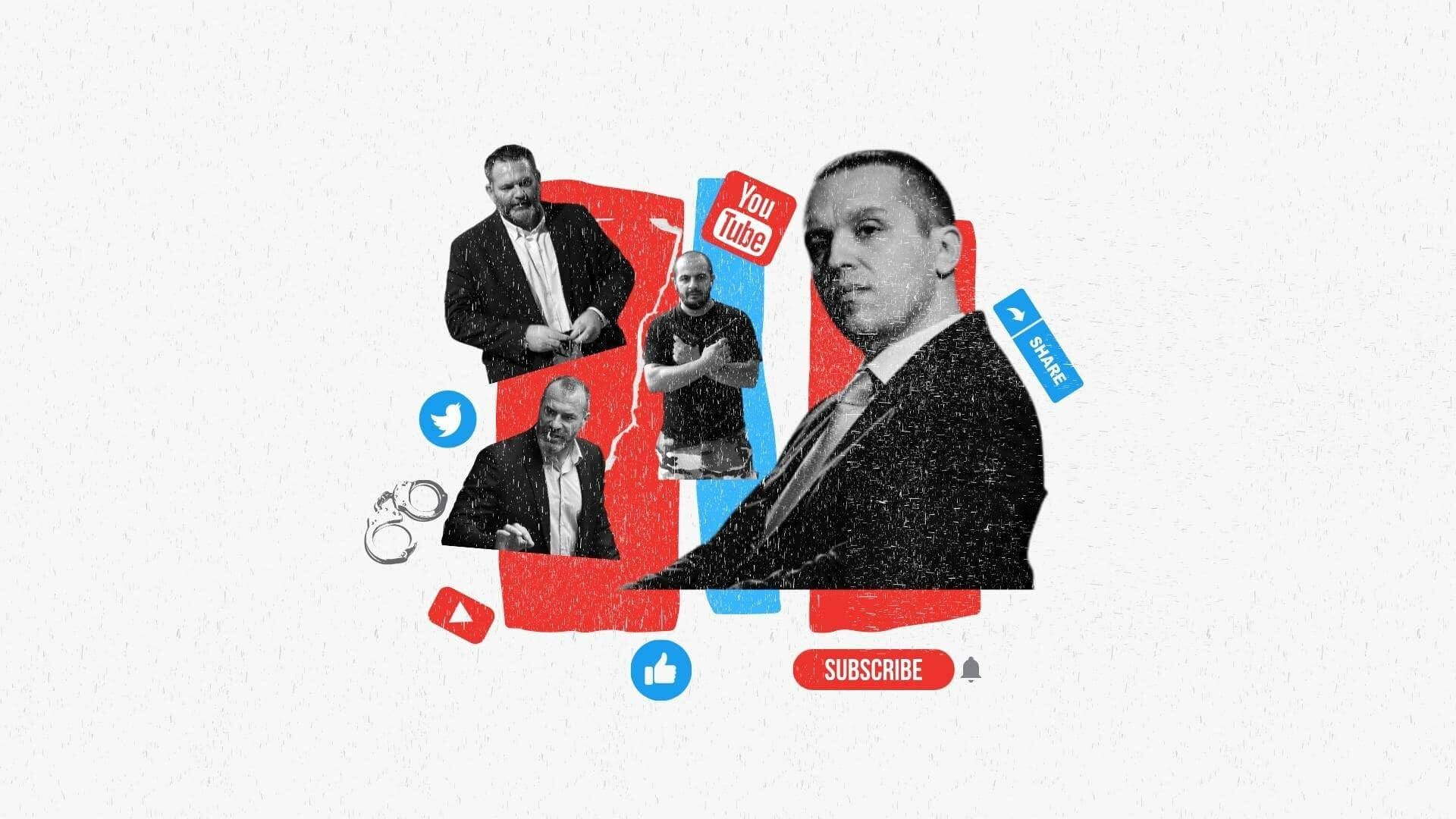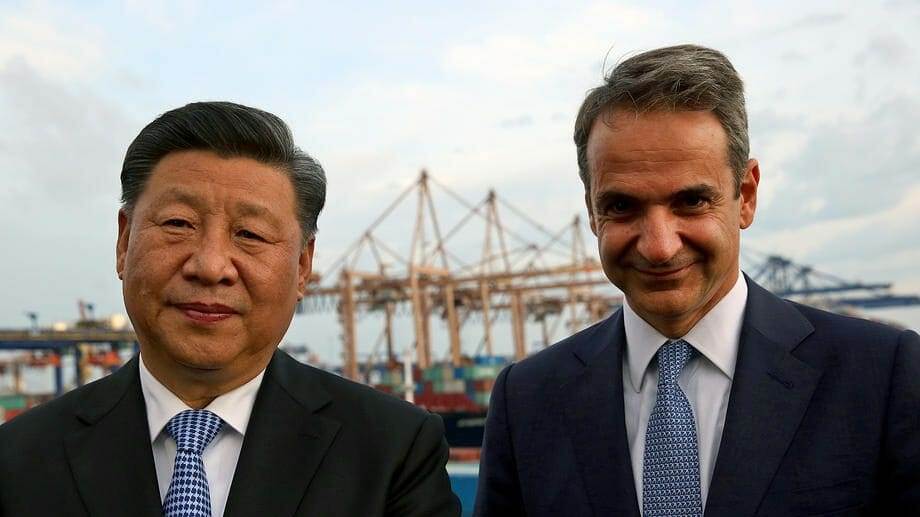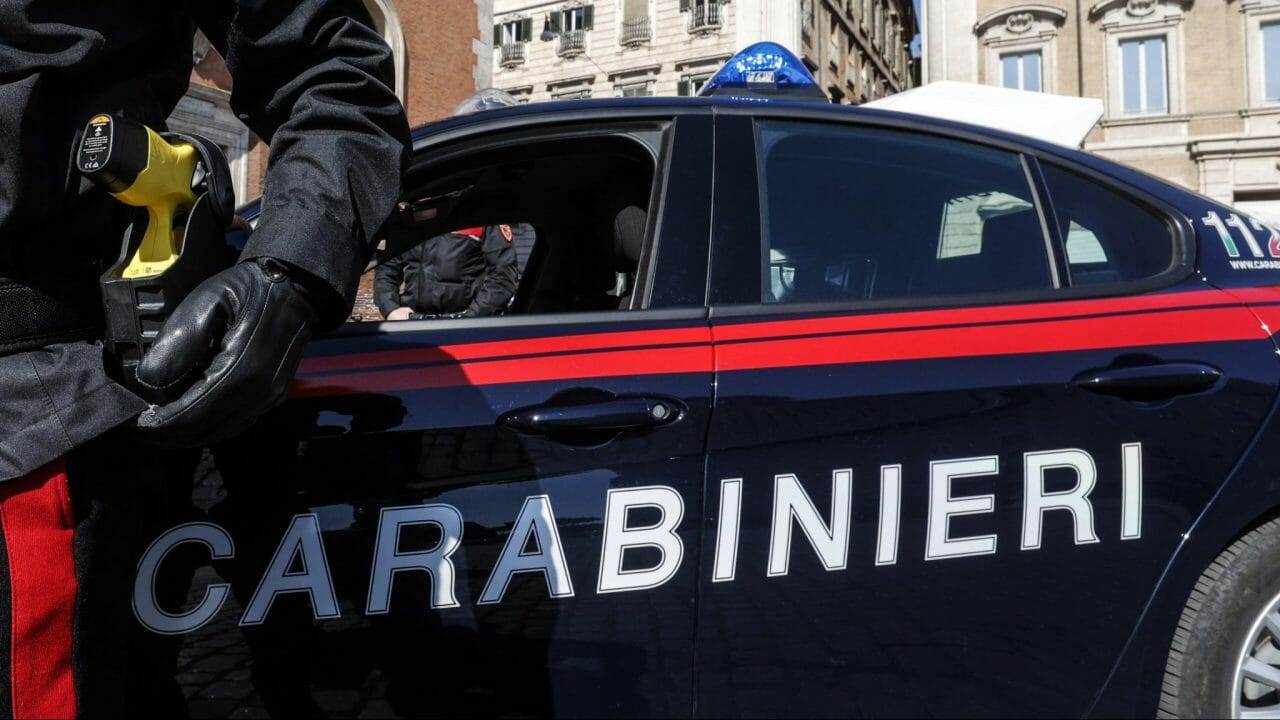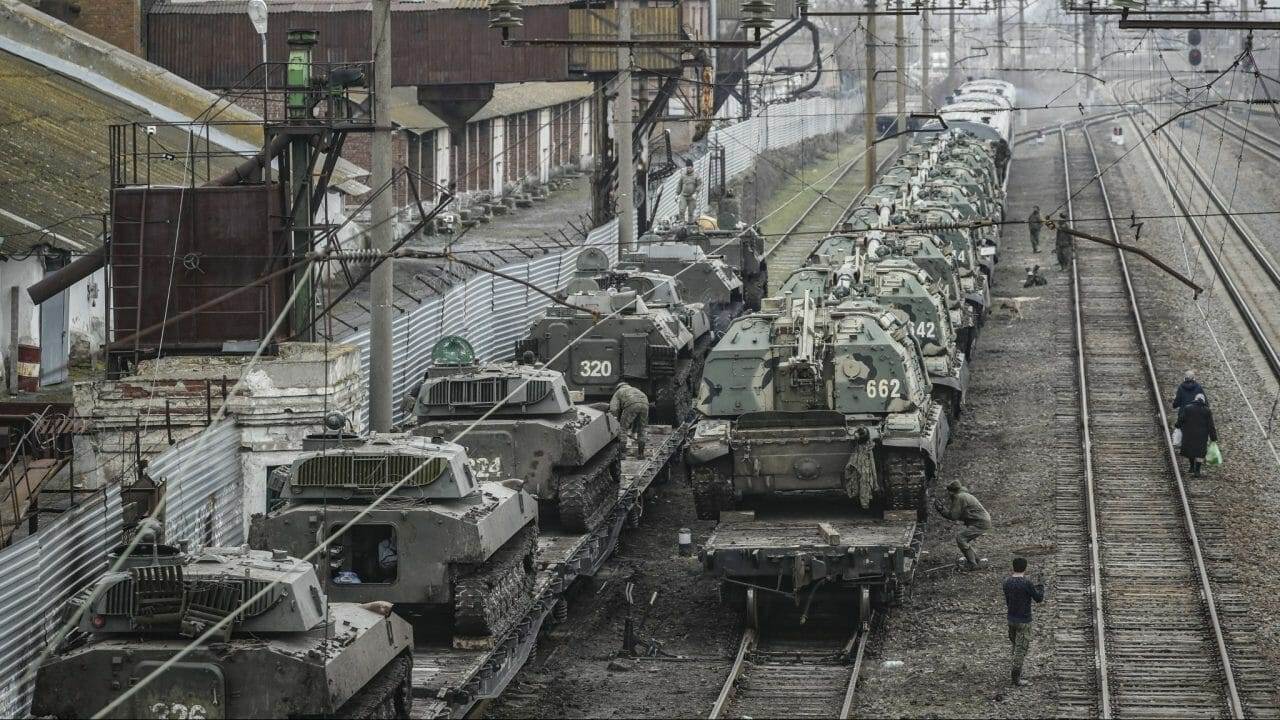Four convicted war criminals have been involved in campaigning for the upcoming elections in Serbia, all of them supporting parties in the governing coalition, the Youth Initiative for Human Rights...
Human rights activist Aida Corovic went on trial on charges of disturbing public order after she threw eggs at a mural celebrating Bosnian Serb war criminal Ratko Mladic in the...
An investigative journalist faces prison after he revealed an Islamist youth NGO’s secretive ties to the government and President Erdogan’s family.
A Serbian court sentenced Osman Osmanovic to five years in prison for abusing civilians and prisoners of war at the Rasadnik detention camp near Brcko in Bosnia in 1992.
Montenegrin activist calls on authorities to investigate claims that the founder of ultra-nationalist online group 'Male State', – which Russia has banned – is currently living in Montenegro.
Greece’s neo-Nazi Golden Dawn party was left broken by the October 2020 jailing of 18 of its senior figures. But they continue to reach far-right followers from behind bars in...
The court blocked the expansion of the passenger port of Piraeus that were part of a development agreement with a Chinese company worth 4.3 billion euros because an environmental assessment...
Italian police on Monday said they had arrested four Albanian citizens in Bari suspected of raising cash for an extremist Imam, now in jail in Albania, and who were in...
The Ukrainian Army's claim that Serbian 'militants' are being recruited to supplement Russian 'occupation' forces in Ukraine has drawn an angry riposte from the Serbian Defence Ministry.

